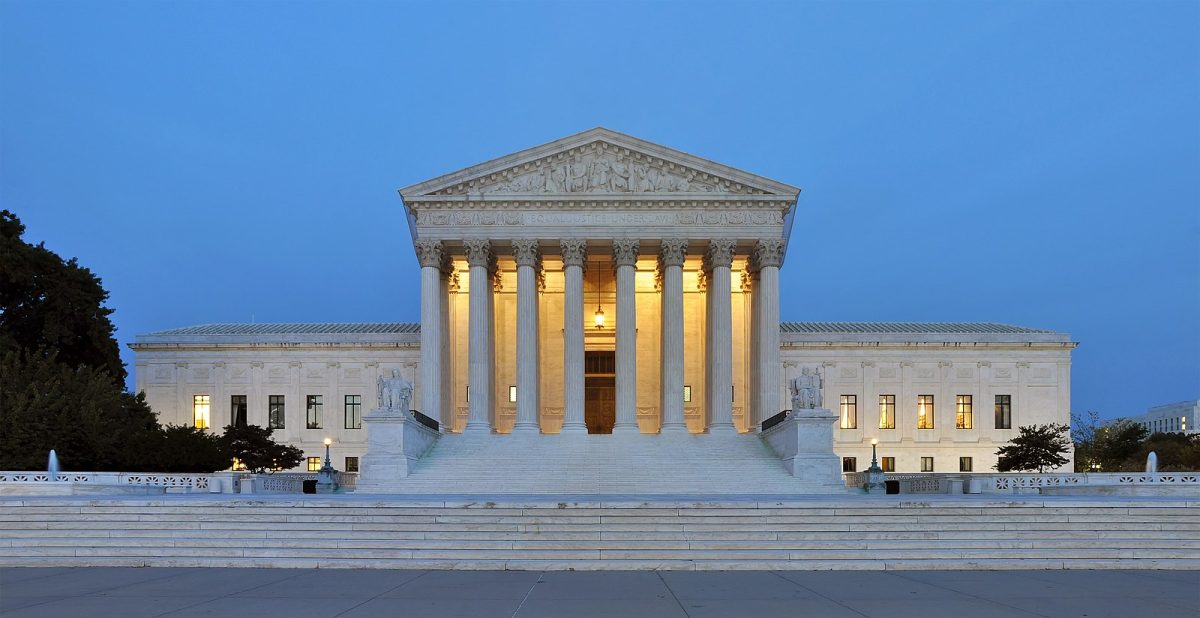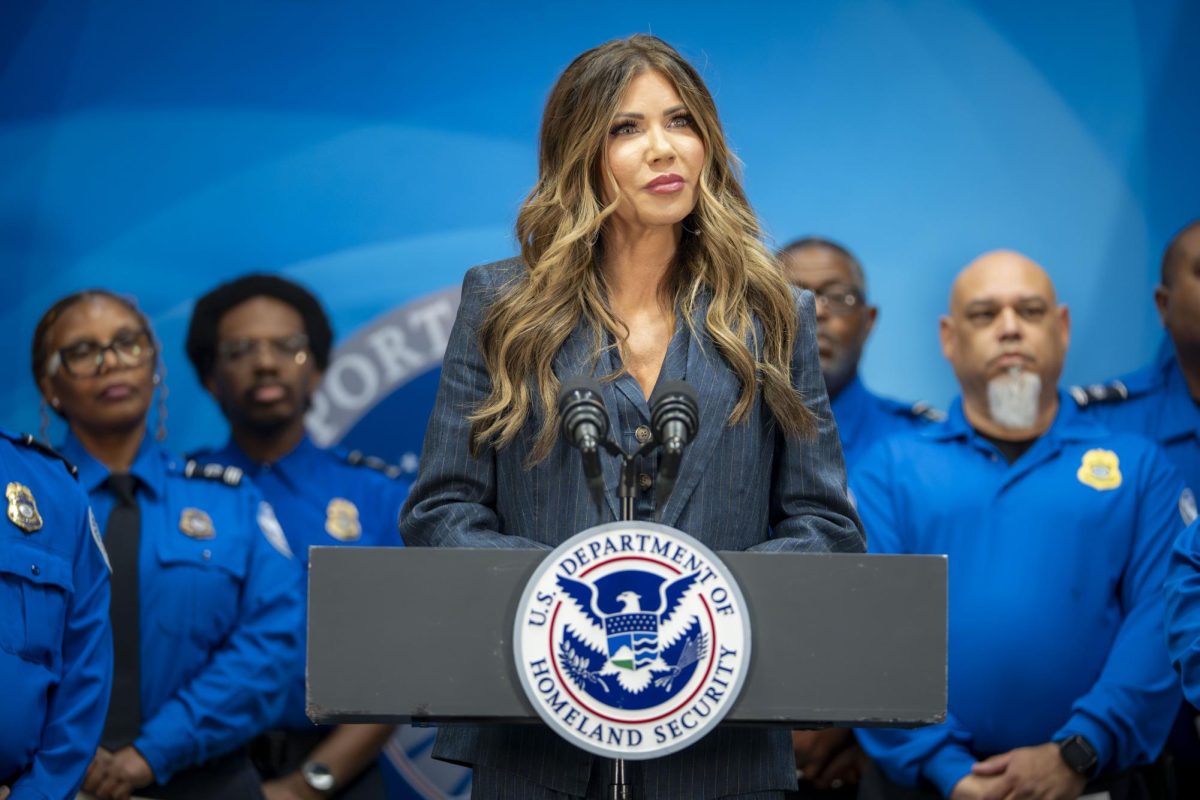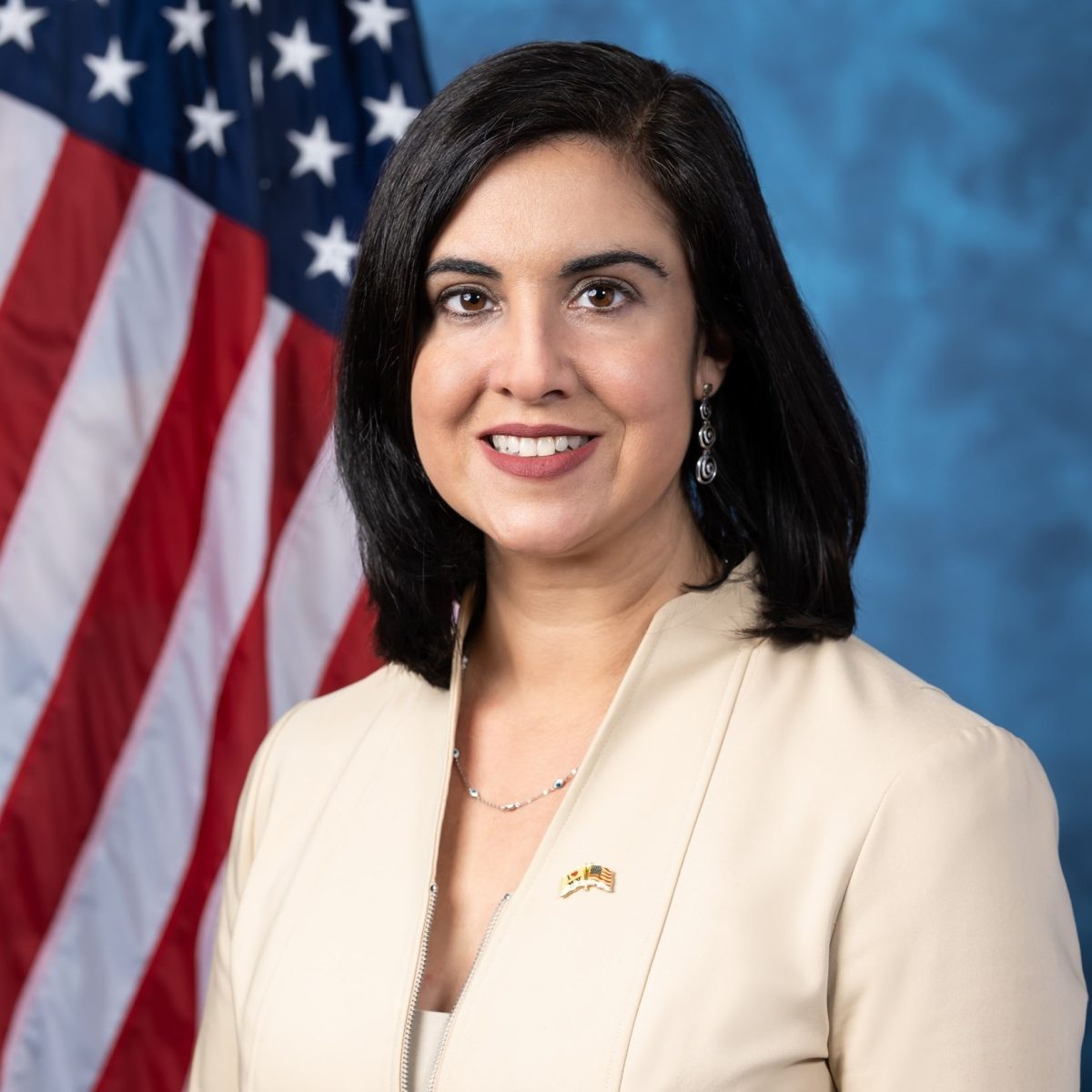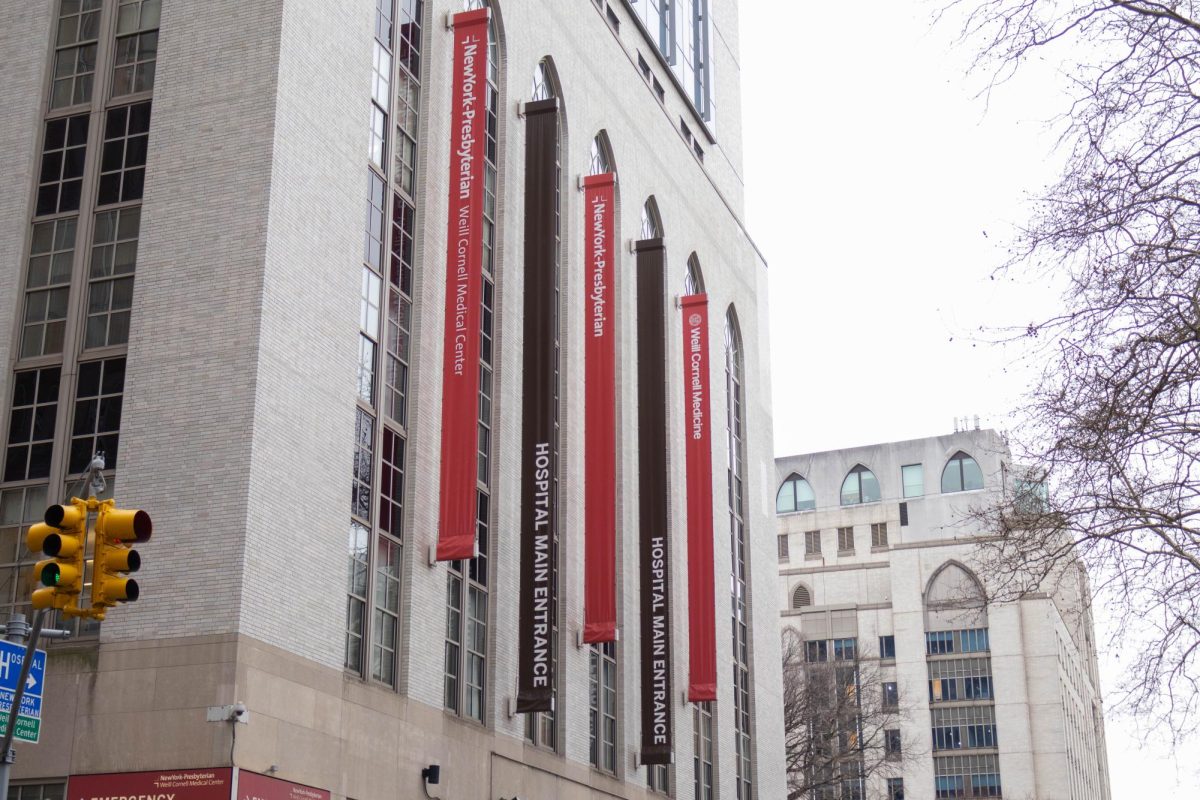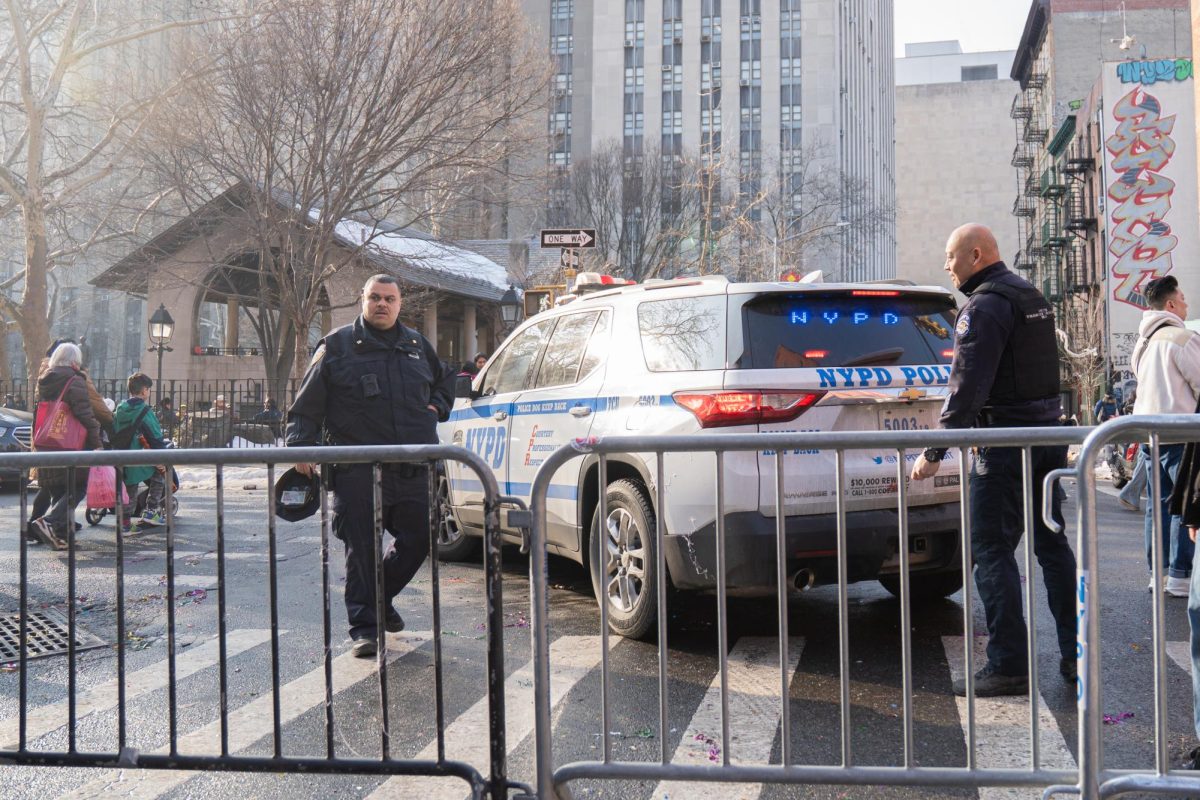On June 29, The Supreme Court ruled affirmative action as unconstitutional in their majority decision, 6-3.
The 14th amendment was used as justification, which “prohibits discrimination based on race.” This decision upended decades of law and the higher education landscape. The ruling is expected to shift the makeup of America’s top universities and the prospects of students who want to attend them.
Chief Justice John Roberts wrote, “because Harvard and UNC’s admissions programs lack sufficiently focused and measurable objectives warranting the use of race, unavoidably employ race in a negative manner, involve racial stereotyping and lack meaningful endpoints, those admissions programs cannot be reconciled with the guarantees of the Equal Protection clause.”
Justice Sotomayor, one of the three Supreme Court Justices who was in favor of affirmative action, strongly disagreed.
“Today, this court stands in the way and rolls back decades of precedent and momentous progress. It holds that race can no longer be used in a limited way in college admissions to achieve such critical benefits,” she concluded in a statement.
Initially, affirmative action encouraged employers to hire and give equal opportunities to marginalized people in the 1960s. Soon, colleges voluntarily adopted similar policies to combat discrimination, which was directly influenced by the Civil Rights Movement.
Multiple Baruch College students, who strive to have a diverse student body, also shared similar sentiments to the three Supreme Court Justices who wanted to preserve affirmative action.
“I don’t see legacy preferences, which predominantly benefit white students being pulled or changed for being ‘unconstitutional.’” Brady Rivera told the Ticker in an outrage.
“The point for affirmative action was to be able to give people of color a chance against the majority which are white people. That’s more than half of the population…” said Daniel Bachayev in a statement.
In a statement made by the CUNY chancellor, Felix Matos Rodriguez condemned the Supreme Court and expressed how it will “make it more difficult for historically marginalized racial and ethnic groups to access higher education”
The chancellor explained that as misguided as they believe the ruling to be, it will not deter them in their work. “In fact it strengthens our commitment to preserve and expand access and opportunity to all New Yorkers.”
Other institutions have also made similar statements regarding the steps they will personally take to ensure that their values on equity and inclusion stay in place.


